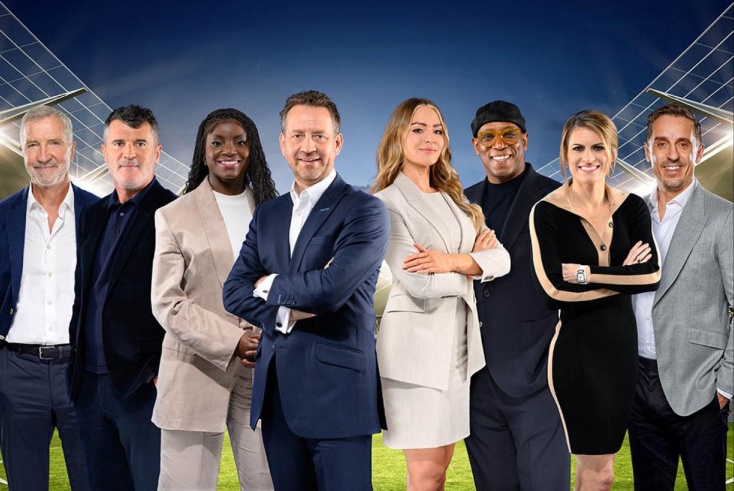ITV ad revenue up 10% thanks to robust Euro 2024 performance


ITV’s total advertising revenue for the first half of the year grew by 10%.
This is a higher increase than the 8% growth forecast in its last earnings and was primarily attributed to a “better-than-expected” performance during the Euro 2024 tournament.
Digital advertising revenue for H1 was up 12% to £244m. Streaming hours were up 15% to 846m and monthly active users also increased by 17% to 14.6m.
ITV reported that it was on track to meet its 2026 targets, including delivering at least £750m in digital revenue by that year.
Group adjusted Ebita, a measure of a company’s profitability, was up 40%, while external revenue was down 2%.
CEO Dame Carolyn McCall said: “The advertising market at the moment is definitely very firm. We were already growing in the first few months of the year, so January to May we were up 3% already pre-Euros.”
She said people were “holding back money for the Euros” and there was “no question we had a good lift from the Euros in June and only a small part of July”, when broadcast of the final was always going to be shared with the BBC.
In July, ITV got more of a benefit from the Rugby World Cup last year than from the Euro 2024 matches this year, McCall highlighted.
Kevin Lygo, managing director, media and entertainment, remarked that the Euros had done “better than expected”.
ITV’s total viewing was down 4% in H1 — below a total market decrease of 1%. In 2023, ITV’s total viewing was down 1% compared with the total market at 3%.
McCall stressed that some of the reasons were “deliberately taken” by ITV to deliver advertising revenue.
This included “optimising content spend” to focus more on the Euros over dropping a new drama or box set on ITVX every week, having a shorter Love Island series and no I’m a Celebrity… Get Me Out of Here! series in South Africa.
The shorter Love Island accounted for 40% of the decline, she said, with 20% down to afternoon schedules.
McCall said: “We know precisely what we’ve done on that decline in viewing — it is not something that is done extraneously. It is something that we did with our eyes wide open.”
Chris Kennedy, chief financial officer, added that while total viewing was important, as an ad-funded broadcaster ITV needed to look at executing strategies to get “the right viewers in” and then sell advertising against them— something that he said the broadcaster had done “a really good job” of this year.
In contrast to advertising, revenue for ITV’s content arm, ITV Studios, was down 13%.
In its earnings, the broadcaster said this was expected due to phasing of productions and the US writers’ and actors’ strikes in 2023.
However, over the full year, ITV Studios is expected to deliver “record profits”, driven by an increase in higher-margin catalogue sales of the 90,000 hours of content it already has where production costs are already accounted for and other broadcasters and streamers are looking for catalogue content.
Meanwhile, McCall and Kennedy gave an update on ITV’s cost-saving programme that was announced in the last earnings.
McCall said the process had “gone very well” but it would mean restructuring the business with job losses. There is no target number, McCall stressed, but cuts would be “across the board”.
She added that ITV has put in voluntary redundancy, with 85% of those leaving the business coming through that.
Kennedy explained that the previous guidance was cost savings of £50m, but ITV is currently on track for annual savings of £30m.
